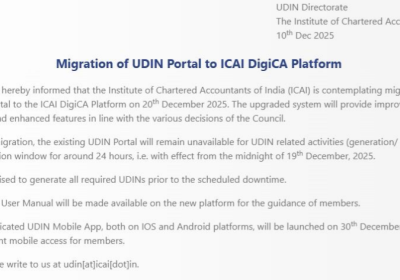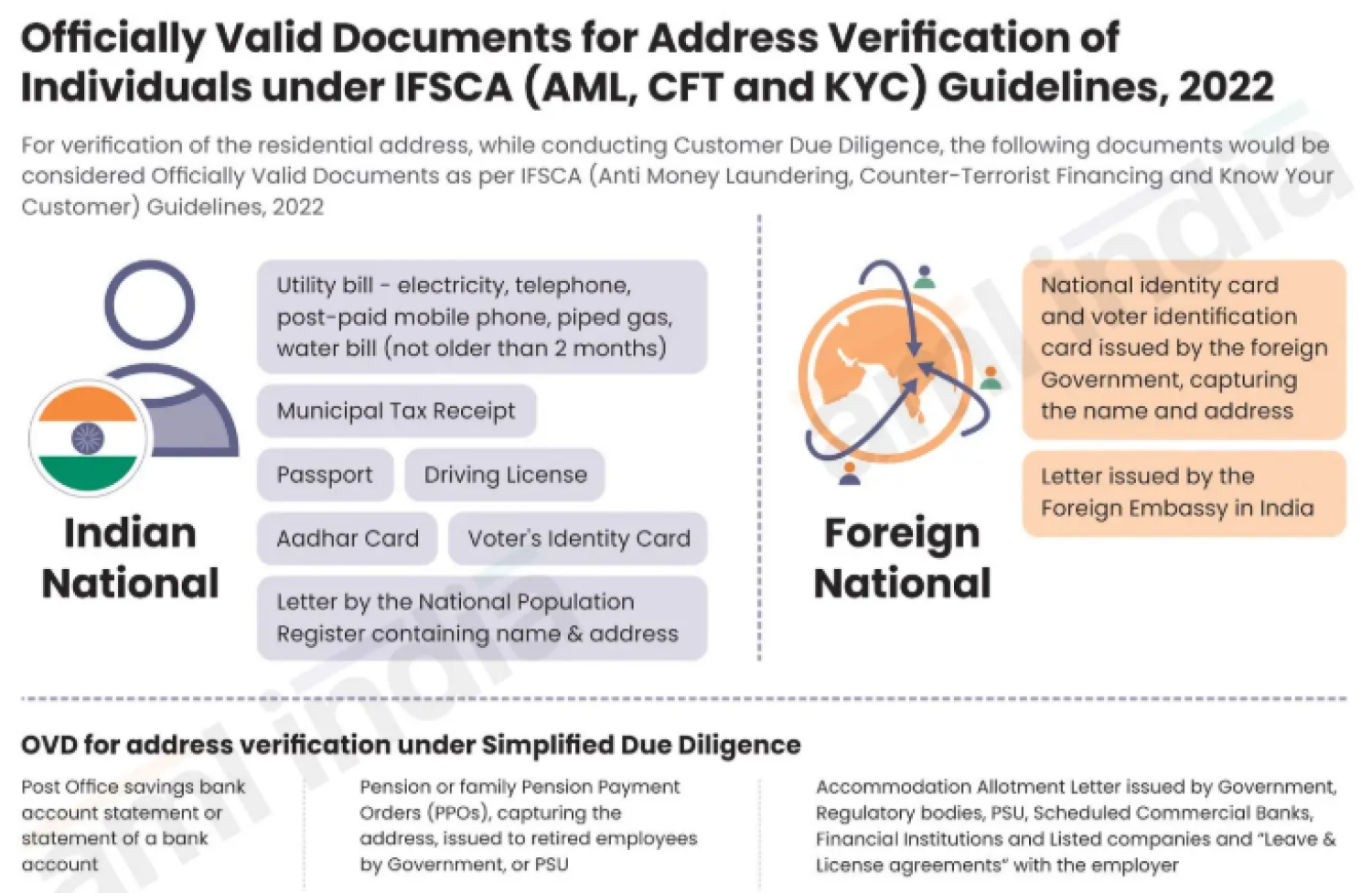Table of Contents

What are the implications for statutory auditors in case a mistake happens Schedule III Format?
No reporting or qualification in his statutory Audit Reporting with respect to mistakes or omissions in the audited financial statements vis-à-vis format specified by Schedule III of Companies Act, 2013 is being taken as basis of complaints against auditors by Economic Offences Wing, Nationalised or private MNC Banks, Serious Fraud Investigation Office etc.
According to The Chartered Accountants Act, 1949 is a statute enacted by the Constituent Assembly of India,, a CA in practice shall be presumed to be guilty of professional misconduct, if he forget to does not exercise due diligence, fails to report, disclose, and mistake in obtain, what he is required to be made, under the clauses 5 to 9 of Part I to the 2nd Schedule to said The Chartered Accountants Act, 1949.
Following Instance of such mistakes or omissions.
- Non-disclosure of security given mortgaged against secured borrowings.
- Disclosing Share Application Money as part of Unsecured Loans or Shareholders Funds.
- Non-disclosure of information pertaining to each category of plant & equipment, property in the specified ways, For Example accumulated depreciation amount individually for separate class of asset.
- Information of investments non-disclosure
- Wrong classifying short-term borrowings as long-term borrowings Disclosing
- Non-bifurcation of Sundry Debtors – Ageing, Secured, Unsecured, Debts due by firms/ companies where director is director or member or partner etc.
What are common modus-operandi usually found in complaints against statutory auditor?
While such complaints to The Institute of Chartered Accountants of India are on the increase, a common modus-operandi use to found in such cases has been given in in the below mentioned,
A common tool-kit or modus-operandi usually found in such kind of complaints against statutory auditors by Economic Offences Wing, Nationalised or private MNC Banks, Serious Fraud Investigation Office etc –
- Initially errors or mistakes in financial statements are are discovered in some way (sometimes by virtue of their apparently visible, investigative approach or as a result of non-performing asset/ fraud, or even due to dis-oriented interpretation of statutory need as per law etc.),
- Further insufficiency of qualifications, omissions or negative reporting, Comments in statutory Audit Report by statutory Auditors with reference to such mistakes or errors in financial statements – are indicated,
- Furthermore, a picture or inference is drawn or implicated as – CONNIVANCE of statutory Auditor with the company mgt in planning or committing fraud or COMPROMISE IN INDEPENDENCE of statutory Auditor.
However, in the below situation add fuel to the fire –
- In the statements of company officials or directors about delegation of responsibility of finalization or preparation of the financial statements to the statutory Auditor,
- Statutory auditor ignore Depreciation as well as non follow the CARO, 2020 Checklist
- Email, file found, or other ways of common communication trails given in the financial statements were finalized or prepared at the statutory auditor’s office,
- Statutory auditor not follow the Companies (Accounting Standards) Rules & Accounting Standards
- No ready availability of carefully articulated signed engagement letters, management representations (MRLs) with the auditor, or
- Statutory auditor firm to the auditee company provide the non-assurance services.
- Working papers and filled or Signed audit checklists – sufficiently self-speaking how statutory audit was concluded – with the statutory auditor was not o ready availability of well-organized statutory audit working file
- Outstanding statutory audit & other CA firm fee of statutory auditor firm by the auditee company,
- Statutory auditor ignore the Schedule III of the Companies Act, 2013 as amended by MCA.
- Format of the prescribed Financial Statements under Accounting Standards and Schedule III
It will be irrespective of whether auditor derives any monetary advantage as a consequence of wrong action by statutory auditee Mgt or company or not. Moreover, even if Concept of ‘materiality’ used to say by the statutory Auditors hasn’t been found or observed to be quite effective in so many complaints (if not all).

















